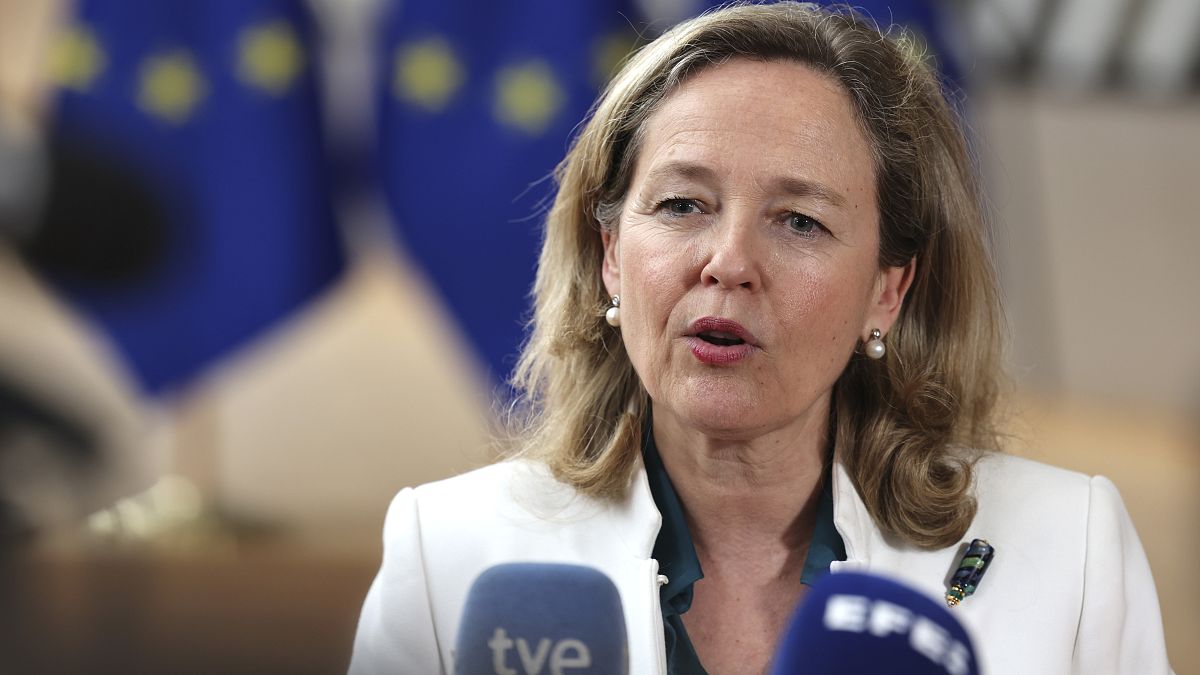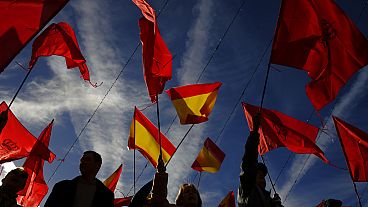Nadia Calviño, the freshly-elected president of the European Investment Bank, shows an appetite for a riskier strategy.
The financial branch of the European Union, the EIB, may be willing to bet on less secure investments under its new leadership.
In an interview with the Financial Times, president and former Spanish economy minister Nadia Calviño Santamaría signalled that she hopes to increase investment in defence and nuclear projects.
The shift is a departure from the risk-averse approach taken by her German predecessor Werner Hoyer, who she replaced last month.
To align itself with its climate goals, the EIB is no longer supporting traditional fossil fuel projects, but investing in nuclear power is an uncharacteristic pivot from the EIB's usual stance.
Whilst the EU’s second-biggest economy, France, is a firm proponent of atomic energy, the bloc’s first and third economies, Germany and Italy, have turned their backs on nuclear power since the Chernobyl disaster of 1986.
Calviño has nonetheless stressed that to stay abreast of nuclear technology used by other countries, the EIB must “be active”.
Her pro-nuclear stance is at odds with the position held by the Spanish government, where Calviño used to work.
In December, Spain announced plans to close the country’s nuclear power plants by 2035.
Defence and security spending
Given current political instability, Calviño has also stressed that she wishes to “step up investment in security and defence”.
Last year, before her appointment this January, the EIB had already agreed to increase its funding for defence investments from €6 billion to €8 billion through 2027.
The EIB’s policy forbids it from investing in weapons, ammunition, and military infrastructure, but the bank hopes to pour more money into new technologies like drones.
Funding is permitted here because drones are considered “dual-use items”, meaning they can be used for both civilian and military purposes.
Also on Calviño’s agenda is greater investment in infrastructure to support border control and cybersecurity.
To unblock this extra cash, the EIB may have to change its 250% cap on lending, although some fear that such a move could harm the bank’s credit rating.



